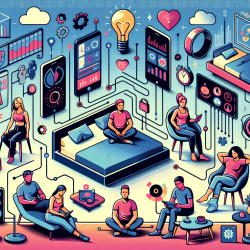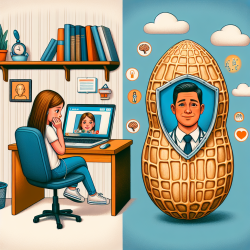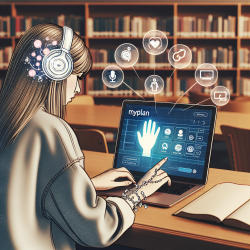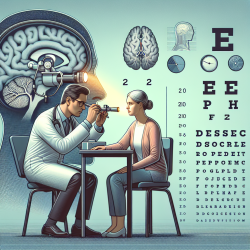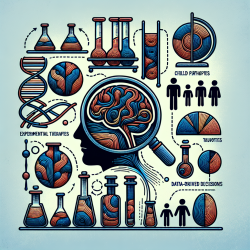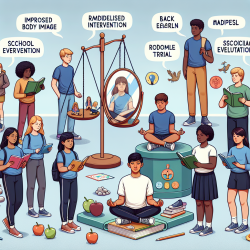Unlocking the Potential of AI-Powered Sleep Technologies
In today's fast-paced world, sleep has become a precious commodity. With millions suffering from sleep disorders, the quest for better sleep is more relevant than ever. Recent research titled "Perceptions of and Experiences with Consumer Sleep Technologies That Use Artificial Intelligence" sheds light on how AI-powered Consumer Sleep Technologies (CSTs) are revolutionizing sleep health.
Research Insights: Understanding User Perceptions and Experiences
The study conducted in two phases, involved focus groups and usability testing to assess user perceptions and experiences with CSTs+AI. Participants prioritized comfort, actionable feedback, and ease of use. They expressed a desire for customized suggestions and integration with existing tools.
Usability testing revealed that CSTs+AI provided an accurate picture of sleep quality and quantity, though improvements in usability, accuracy, and design were suggested. Despite challenges, CSTs offer valuable insights into sleep patterns, empowering users to make informed decisions about their sleep health.
Practical Applications for Clinicians
For practitioners, integrating CSTs+AI into patient care can enhance sleep health management. These technologies provide objective data that can complement traditional methods like polysomnography (PSG). While CSTs are not yet approved for clinical diagnosis, they offer a convenient, long-term assessment tool.
Clinicians can leverage CST data to better understand patient sleep behaviors and collaborate on personalized care plans. However, challenges remain in standardizing data use and integrating it into clinical workflows.
Encouraging Further Research
The rapid evolution of CSTs+AI calls for ongoing research to validate their effectiveness and explore new applications. By involving clinicians in the development process, we can ensure these technologies meet clinical needs and improve patient outcomes.
Future studies should focus on integrating CSTs with evidence-based sleep management tools, addressing health disparities, and exploring primary care applications.
Conclusion
AI-powered CSTs hold great promise for enhancing sleep health. By understanding user needs and improving technology design, we can unlock their full potential. Clinicians and researchers must collaborate to integrate these tools into practice, paving the way for better sleep health outcomes.
To read the original research paper, please follow this link: Perceptions of and Experiences with Consumer Sleep Technologies That Use Artificial Intelligence.
